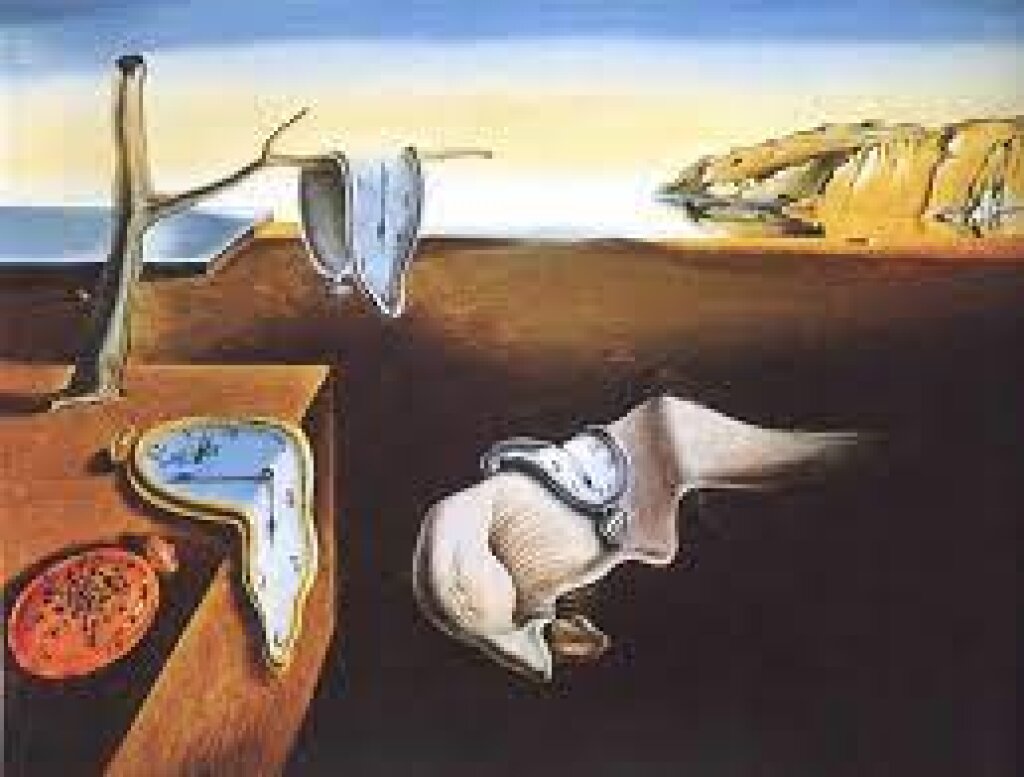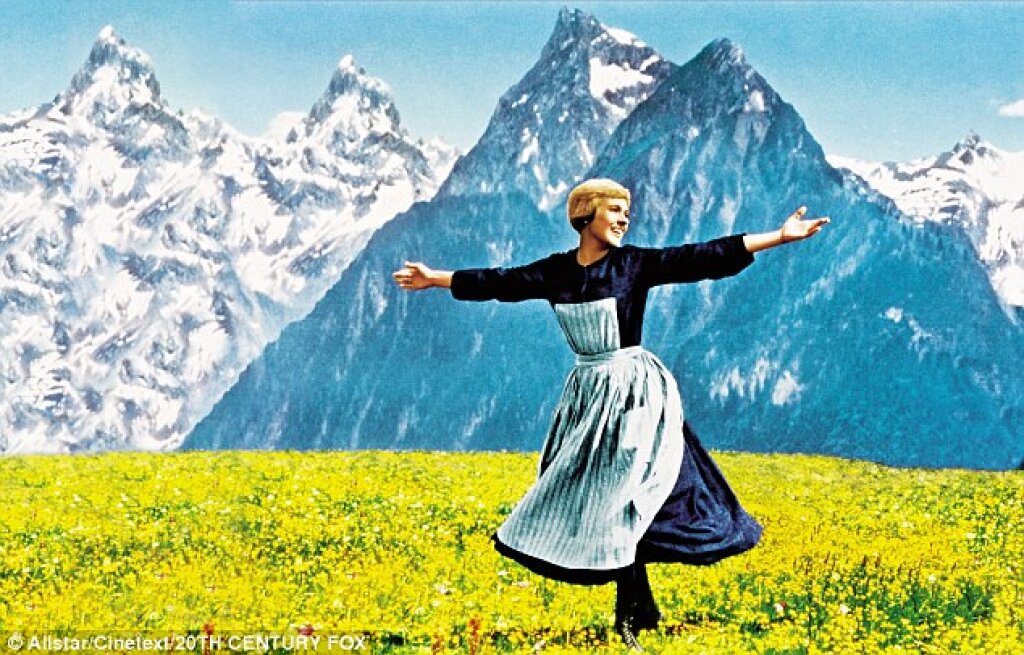We at the Jordan Center stand with all the people of Ukraine, Russia, and the rest of the world who oppose the Russian invasion of Ukraine. See our statement here.
Till Düppe is a professor at the Université du Québec à Montréal (UQAM). His main research interest is the historical epistemology of economic knowledge during the Cold War. He is author, among others, of The Closed World of East German Economists (Cambridge University Press, forthcoming), The Making of the Economy: A Phenomenology of Economic Science (Lexington, 2011), and with E. Roy Weintraub, Finding Equilibrium: Arrow, Debreu, McKenzie, and the Problem of Scientific Credit (Princeton, 2014). He is editor, with Ivan Boldyrev, of Economic Knowledge in Socialism, 1945-1989 (Duke University Press, 2020).
Socialism, in contrast to exploitation and corruption in capitalism, was supposed to be fair and just. Stalin’s famous show trials were one way to prove this. By staging a trial, Stalin appeared to give his enemies a fair treatment, but actually undermined the very autonomy of the judiciary system by subjecting it to his own policies. In this way, Stalin achieved, or hoped to achieve, both that his own policies were presented as just and that his critics appeared as criminals. Show trials were a way to appease the open violence that the regime exerted towards enemies, notably inner critiques - even if the enemies were shot after the trials.
Socialism, in contrast to the ideologies in capitalism, was also supposed to be a scientific undertaking: science can genuinely prosper only in socialism, and only in socialism is politics informed by science. This hope revived after Khrushchev break with Stalinism at the 20th party congress, a hope that spread also in then still young East German Democratic Republic. Economists in particular looked forward to new reforms that would usher in a truly democratic socialist economy. At the newly-founded Institute for Economics at the Academy of Sciences, Friedrich Behrens and his assistant Arne Benary put forward ideas of decentralization by going back to Marx’s notion of the “withering away of the state.” Ulbricht’s regime felt threatened, and soon censored these ideas as “revisionist”, thus untrue to Marx. In addition, however, Ulbricht also achieved that this censorship appeared to be the result of a consensus emerging from a free scientific debate, such that his own policies appeared to be scientific and those of the others as unscientific bourgeois intellectualism. In a recent article published in Contemporary European History, drawing on previously unused materials from the Stasi archives as well as interviews, I demonstrate how the Ministry for State Security, the Stasi, organised and staged this show debate. Just as the show trials took the form of adherence to law and legal proceedings, including defence and prosecution, but de facto served political aims, so did the show debate take the form of adherence to scholarly virtues of intellectual honesty and openness to evidence and arguments, but de facto served political aims. The show debate appeased the open violence of censorship against inner critiques - even if these critiques were muzzled.
Whereas Stalin’s show trials featured confessions and executions, the aim of the show debate was to persuade the institute’s council of party members at the institute, the party-group to drop their support for Behrens and Benary and publicly announce both the dogmatic and revisionist character of the ideas. The debate took place between January and April 1957 at the bimonthly meetings of the party-group. Next to the fifty party members of the institute, exceptionally, one or more major representatives of the Central Committee were also present, increasing the political pressure on the group - Karl Kampfert, Otto Reinhold, Gerhart Ziller, and even Kurt Hager. The two main Stasi informants at the meetings were ‘contact person’ KP Karl Bichtler, code-name ‘Bischak’, party secretary of the institute, and ‘secret informant’ GI Günther Ulisch, code-name ‘Walter’, assistant of Gunther Kohlmey, the head of the institute. After the meetings, they met personally with the Stasi officers and prepared ‘meeting reports’. Jointly they thought of strategies how to direct the discussion.
At the beginning, their endeavour seemed hopeless. Having chosen Benary as the pawn to be sacrificed as a deterrence for others, the inquiry into his personal life and past gave no result. Even pressure from above did not change the minds of the institute members: At the thirtieth Plenum of the Central Committee, Ulbricht openly critiqued Behrens and Benary in front of the public. But the escalation came from below. In a ‘friendly conversation’ (Aussprache), the colleague and friend Zieschang revealed all sorts of degrading information about Behrens and Benary’s intentions of bringing the GDR to fall, and also spread the rumour of another text that is more explicit and radical than the one under discussion. The existence of this manuscript was denied by Behrens and Benary. But even once the party secretary presented all the acquired information at the meeting, at which Benary denied the existence of the manuscript, the party group was not ready to declare opposition to their ideas of decentralized economy. It was only once the Stasi officers themselves partook in the meeting, that the vote for a proposition to condemn their ideas, a vote that was ostentatiously noted by the officers, was accepted. This would result in Behrens being stripped of his higher functions and the end of Benary’s academic career. The entire community of East German economists would later read the published ‘consensus’ of the leading economics institute to consider their democratic reforms of the economy as revisionist. The text of Behrens and Benary was published in a revised version joint with several commentaries that showed how misleading their ideas are.


